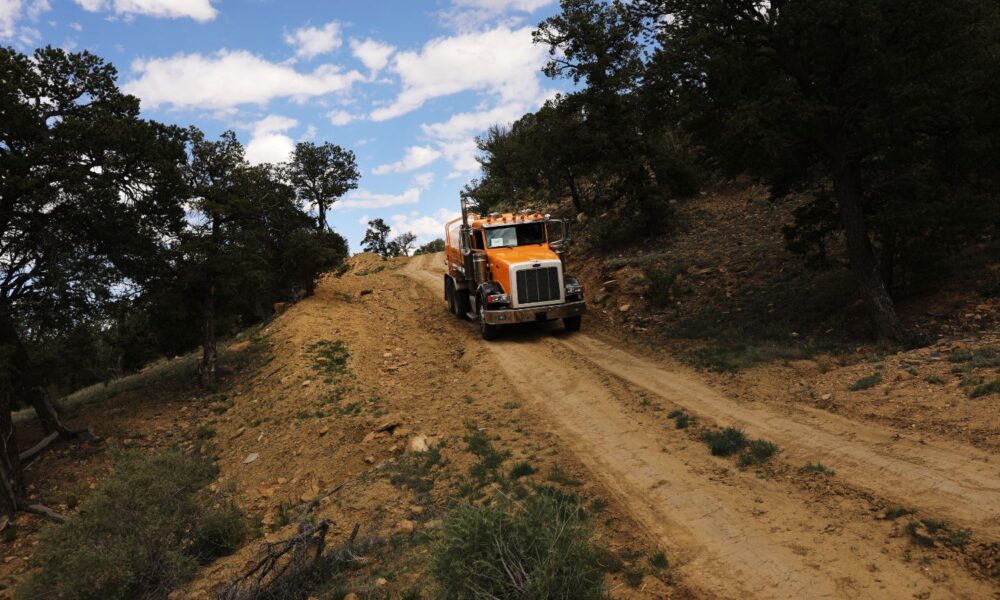 Spencer Platt/Getty Images
Spencer Platt/Getty Images
Science For Justice
 Spencer Platt/Getty Images
Spencer Platt/Getty Images
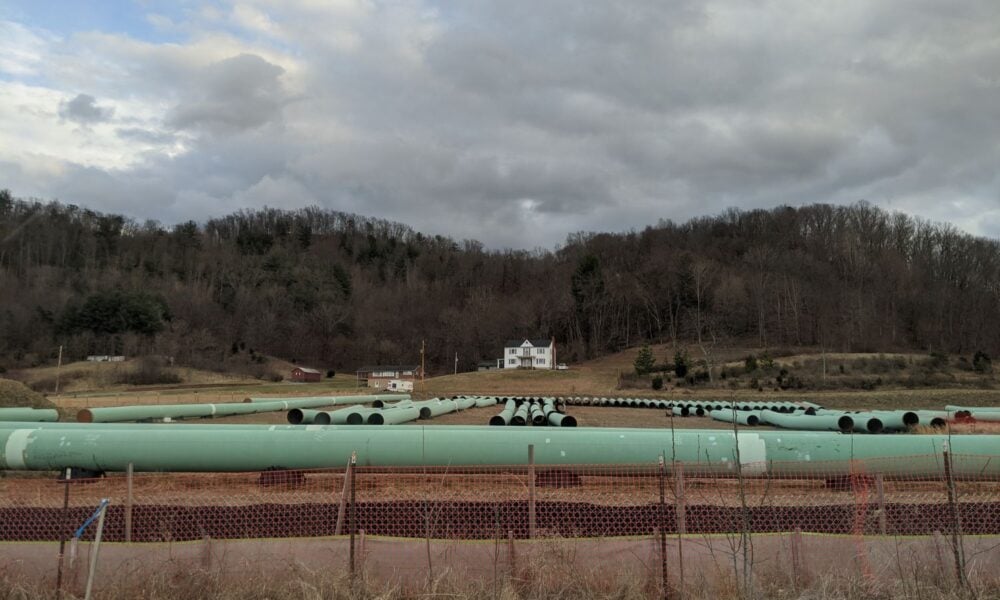 Riley DeHority
Riley DeHority
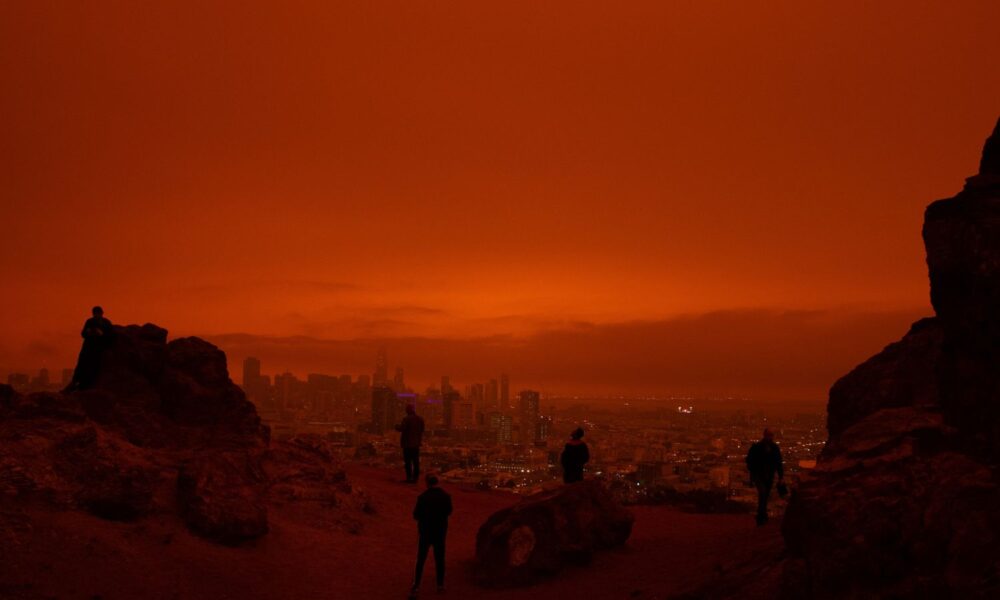 Patrick Perkins/Unsplash
Patrick Perkins/Unsplash
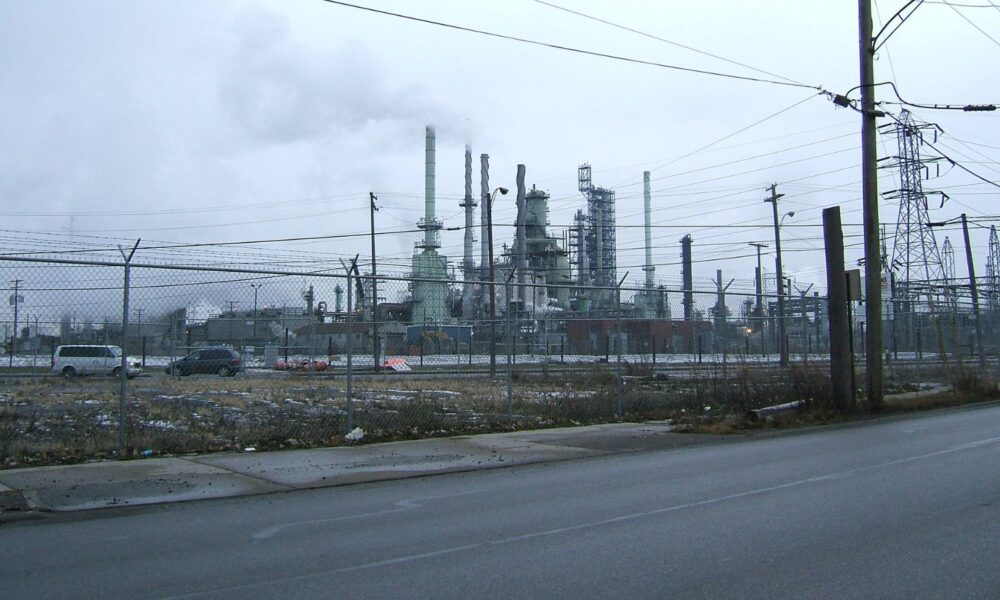 LHOON/Flickr
LHOON/Flickr
 Ye Jinghan/Unsplash
Ye Jinghan/Unsplash
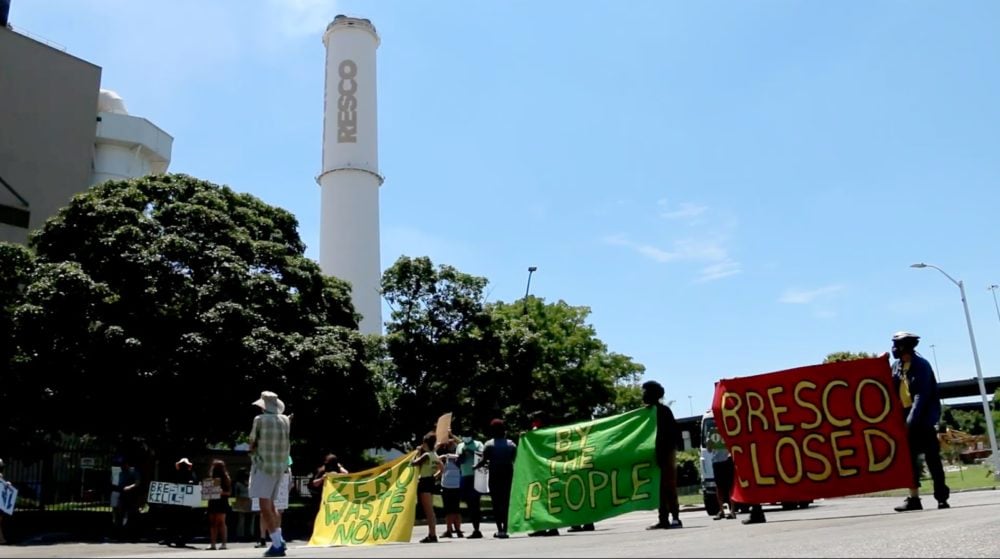 South Baltimore Land Trust
South Baltimore Land Trust
 US Army/army.mil
US Army/army.mil
 Melody Tan
Melody Tan
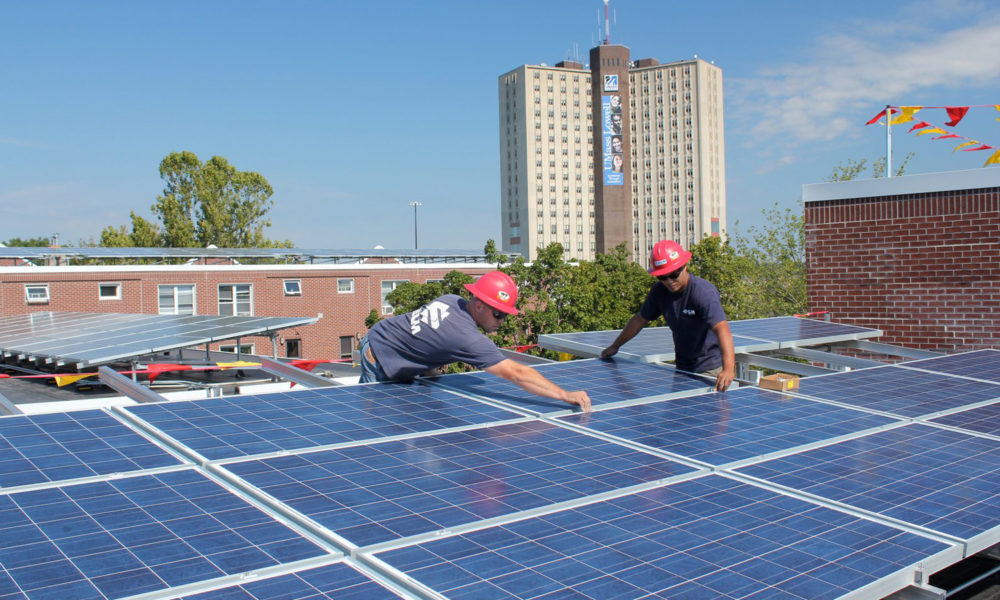 Marcia Cassidy Communications
Marcia Cassidy Communications
 Nitish Meena/Unsplash
Nitish Meena/Unsplash
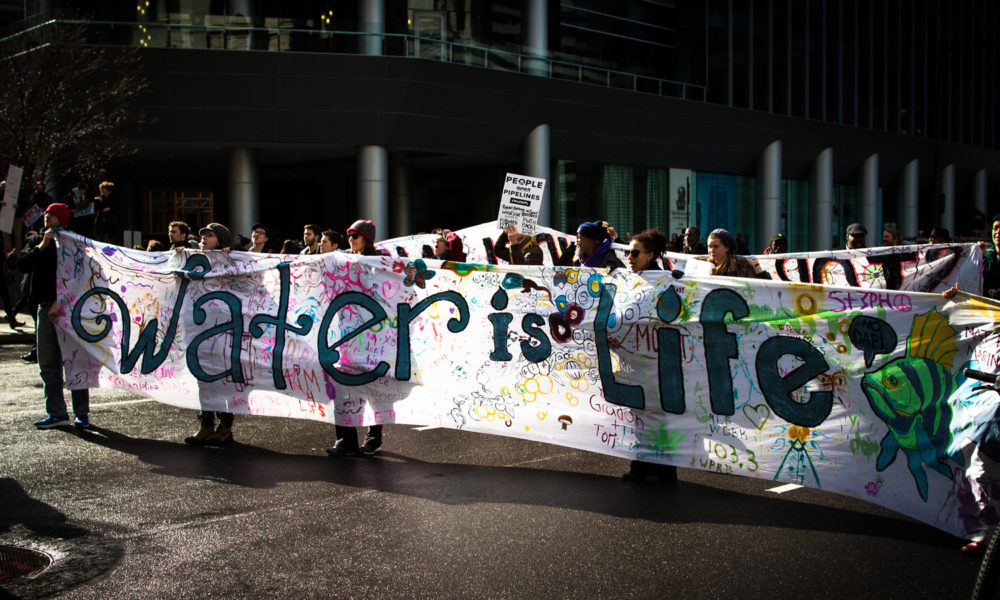 Angie Chung/Flickr
Angie Chung/Flickr
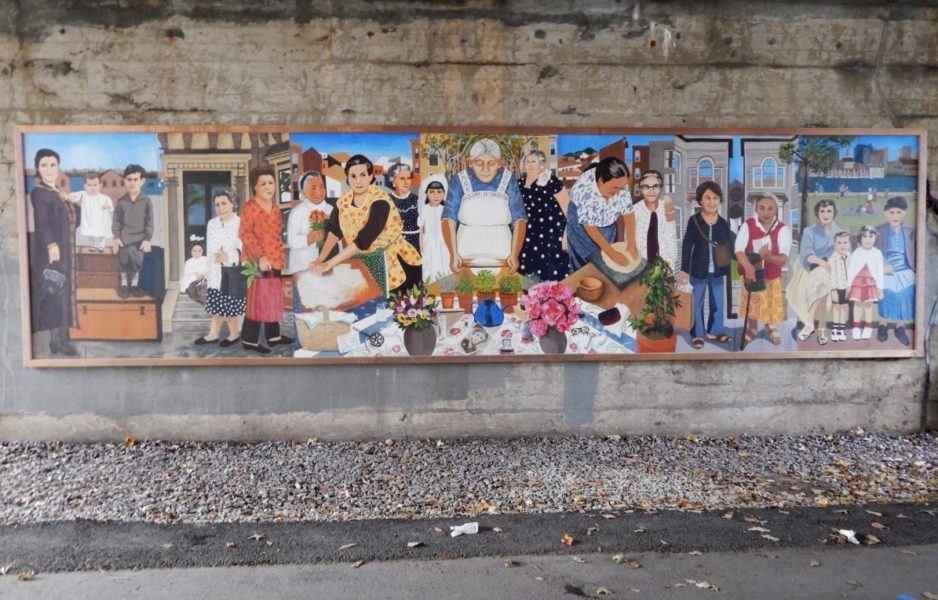 East Boston murals celebrating the community’s immigrant identity.
East Boston murals celebrating the community’s immigrant identity.

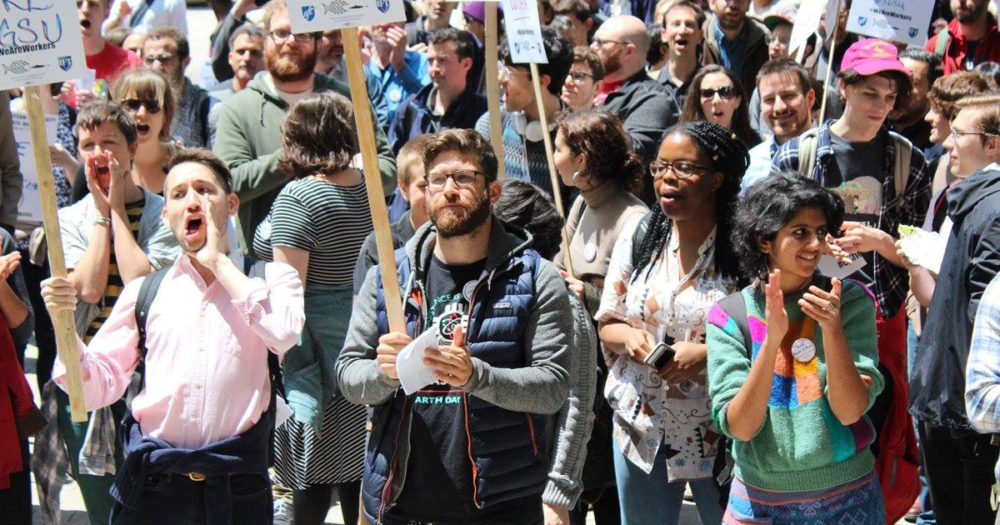 CLAUDIO GONZÁLES
CLAUDIO GONZÁLES
 Photo: pedrik/Flickr
Photo: pedrik/Flickr
 US Customs and Border Patrol
US Customs and Border Patrol
 Photo: Tony Webster, Flickr https://www.flickr.com/photos/diversey/9180874836
Photo: Tony Webster, Flickr https://www.flickr.com/photos/diversey/9180874836
 MSU's Dr. Mona Hanna-Attisha works to mitigate kids' lead exposure and lead a public health initiative in Flint, Michigan. Here she examines Flint resident, 9 year-old Jaquan.
MSU's Dr. Mona Hanna-Attisha works to mitigate kids' lead exposure and lead a public health initiative in Flint, Michigan. Here she examines Flint resident, 9 year-old Jaquan.
 Lonpicman/Wikimedia Commons
Lonpicman/Wikimedia Commons
 Photo by Yomex Owo/Unsplash.
Photo by Yomex Owo/Unsplash.



 USFWS
USFWS